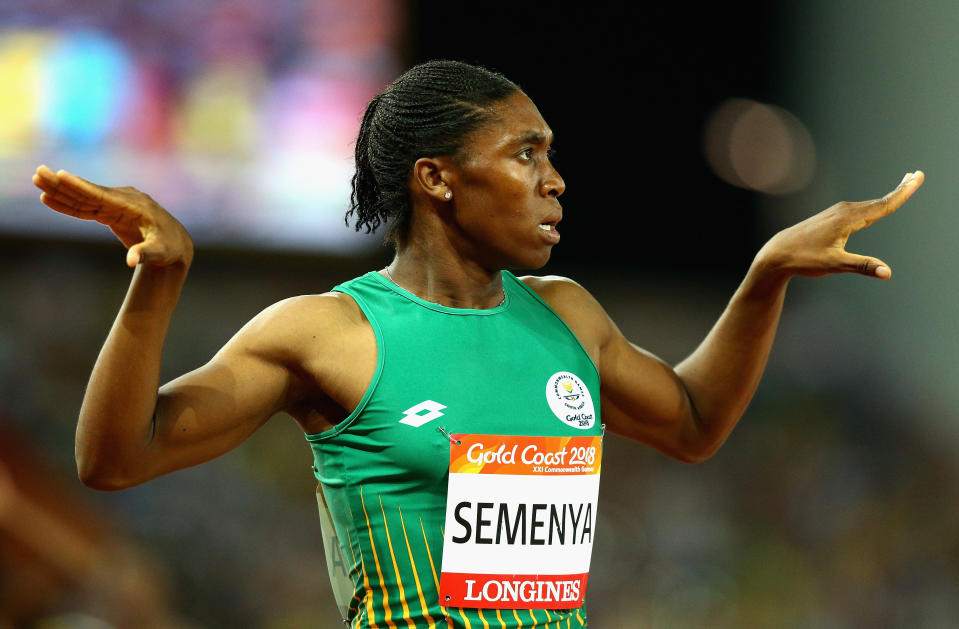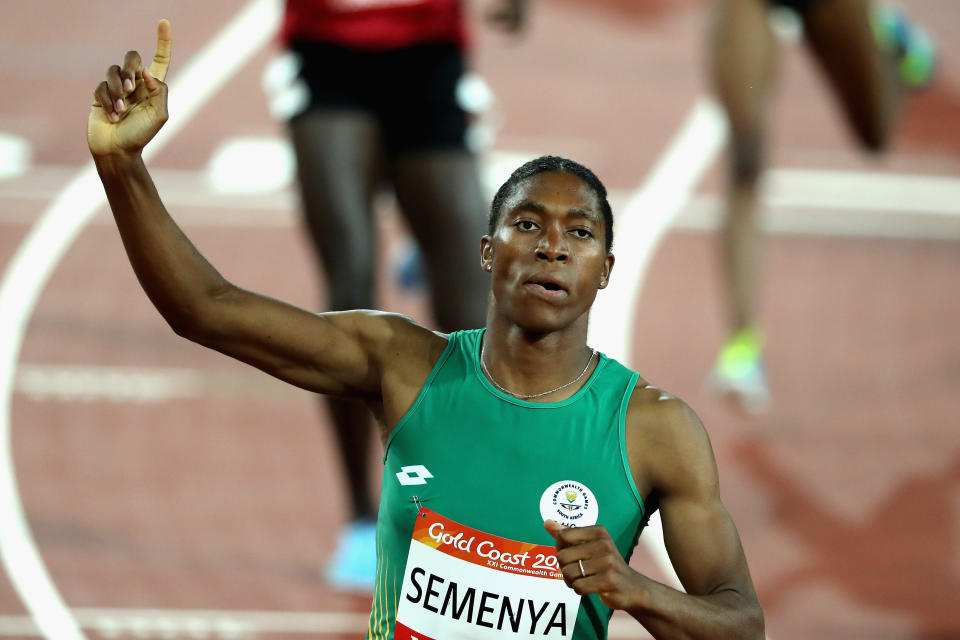Athletics South Africa accuse CAS of 'reopening wounds of apartheid' with Semenya decision

Athletics South Africa has accused the Court of Arbitration for Sport (CAS) of “reopening wounds of apartheid” following Caster Semenya’s loss in a landmark case against the governing body the IAAF.
ASA called the result of the case “disgraceful” and said the organisation was ‘deeply disappointed’ and ‘profoundly shocked’ saying the ruling justifies discrimination.
The decision means athletes with differences of sexual development (DSD) that compete in track events from 400m up to a mile will have to take medication to restrict testosterone levels. They must do so for at least six months before competing if they are above the prescribed level, or change the event they compete in.
South African, Semenya falls into this category, and runs the 800m. Athletics South Africa said the decision “is disgraceful” and that in justifying discrimination, CAS has “seen it fit to open the wounds of apartheid a system of discrimination condemned by the whole world as a crime against humanity.”
READ MORE: Caster Semenya loses bid to overturn IAAF's testosterone regulations in landmark ruling by CAS
READ MORE: Semenya vows to 'rise above' after losing legal case against IAAF
CAS found the rules for athletes with DSD were discriminatory, but called it “necessary, reasonable and proportionate” to protect “the integrity of female athletics”.
In a statement, Athletics South Africa has said: “ASA has received the ruling from the Court of Arbitration for Sport (CAS) and we are deeply disappointed and profoundly shocked that the CAS award is in favour of upholding the new IAAF regulations for female athletes.
“ASA had initially attempted to negotiate with the IAAF against the implementation of the regulations but when no agreement was reached, it was resolved that the matter should be ventilated before CAS.
“ASA respects the CAS decision and will now review the ruling and decide whether to consider the option of taking this matter to the Swiss Federal Tribunal within the 30 days as stipulated in the ruling. Due to confidentiality constraints, ASA is limited in its criticism of the award at this stage.”

The statement continued: “We are however reeling in shock at the how a body held in high esteem like CAS can endorse discrimination without flinching.
“South Africa knows discrimination better and CAS has seen it fit to open the wounds of apartheid a system of discrimination condemned by the whole world as a crime against humanity.
“For CAS does not only condone discrimination but also goes to lengths to justify it, only undermines the integrity that this body is entrusted with. We believe their decision is disgraceful.
“The national federation continues to express our wholehearted support for Caster Semenya and all other female athletes who are similarly affected by the CAS award around the world. ASA will shortly decide on the way forward and further decide on whether to challenge the award or not.”
The 28 year old had already responded to the ruling adding: "I know that the IAAF's regulations have always targeted me specifically.
"For a decade the IAAF has tried to slow me down, but this has actually made me stronger.
"The decision of the CAS will not hold me back. I will once again rise above and continue to inspire young women and athletes in South Africa and around the world."
Semenya has 30 days to appeal the CAS ruling at the Swiss Tribunal Courts.
Featured from our writers:

